Results
-
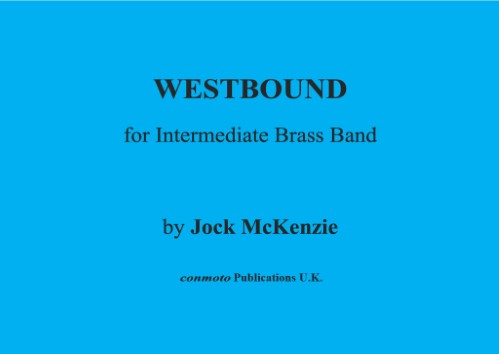 £8.50
£8.50WESTBOUND (score) - McKenzie, Jock
There is a link to a you tube video. Also contains parts for orchestral brass.
In Stock: Estimated dispatch 1-3 working days
-
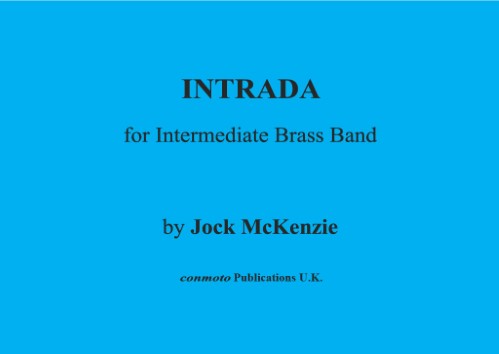 £27.50
£27.50INTRADA (score & parts) - McKenzie, Jock
There is a link to a you tube video. Also contains parts for orchestral brass.
In Stock: Estimated dispatch 1-3 working days
-
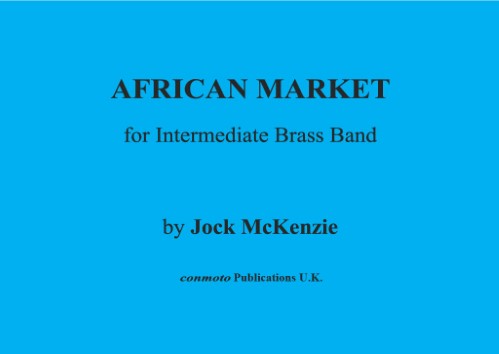 £11.50
£11.50AFRICAN MARKET (score) - McKenzie, Jock
There is a link to a you tube video. Also contains parts for orchestral brass.
In Stock: Estimated dispatch 1-3 working days
-
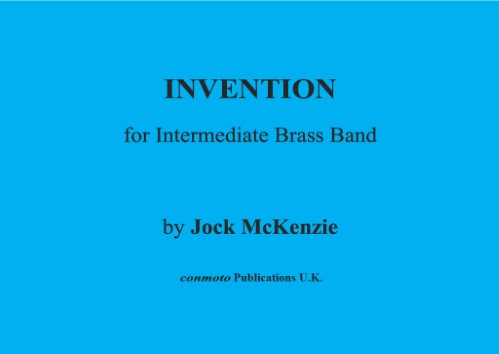 £27.50
£27.50INVENTION (score & parts) - McKenzie, Jock
There is a link to a you tube video. Also contains parts for orchestral brass.
In Stock: Estimated dispatch 1-3 working days
-
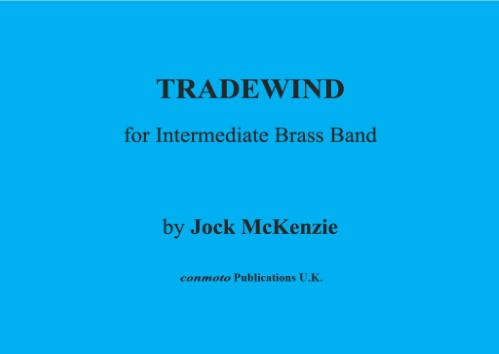 £37.50
£37.50TRADEWIND (score & parts) - McKenzie, Jock
There is a link to a you tube video. Also contains parts for orchestral brass.
In Stock: Estimated dispatch 1-3 working days
-
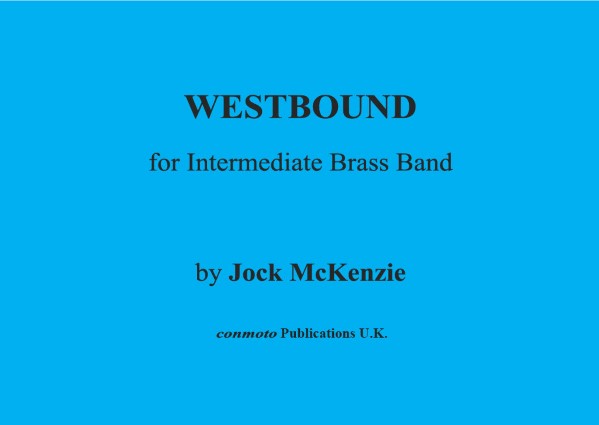 £27.50
£27.50WESTBOUND (score & parts) - McKenzie, Jock
There is a link to a you tube video. Also contains parts for orchestral brass.
In Stock: Estimated dispatch 1-3 working days
-
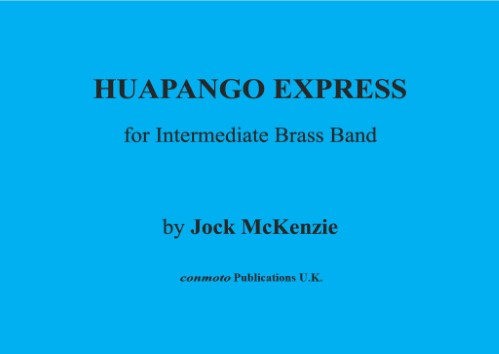 £11.50
£11.50HUAPANGO EXPRESS (score) - McKenzie, Jock
There is a link to a you tube video. Also contains parts for orchestral brass.
In Stock: Estimated dispatch 1-3 working days
-
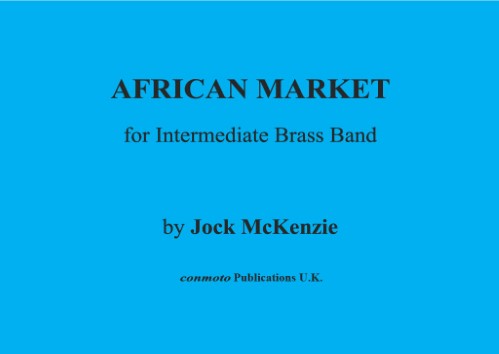 £37.50
£37.50AFRICAN MARKET (score & parts) - McKenzie, Jock
There is a link to a you tube video. Also contains parts for orchestral brass.
In Stock: Estimated dispatch 1-3 working days
-
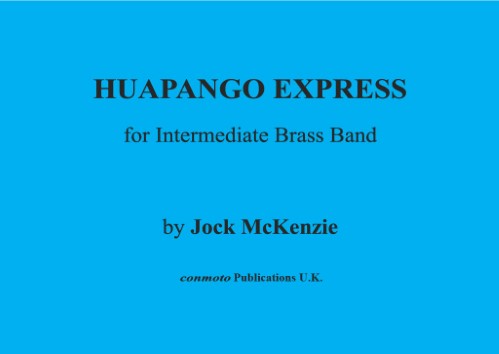 £42.50
£42.50HUAPANGO EXPRESS (score & parts) - McKenzie, Jock
There is a link to a you tube video. Also contains parts for orchestral brass.
In Stock: Estimated dispatch 1-3 working days
-
 £33.53
£33.53Je te veux (Brass Band) Satie arr. Rob Bushnell
Je te veux, or I Want You, is a valse chantee (sung waltz) by the French composer Erik Satie, with lyrics by Henry Pacory. It was written for Paulette Darty, who first sang it in 1903 at La Scala, Paris, with Satie accompanying. There are various versions that Satie produced, the original for piano and voice, a version for brass 'orchestra', for full orchestra (where a trio section was added), and a version for solo piano (but including the new trio section). This arrangement is for the UK-style brass band, with alternative parts for horns in F and bass-clef lower brass, and is of the longer version (with the trio section). As a result, it lends itself to being performed in a various of ways, with the ensemble has the option of selecting the part of it compound ternary form to play: (A-B-A)(C-D-C)(A-B-A). A recording of the original composition can be found here: www.youtube.com/watch?v=FA3JJdmwJU8 Difficulty Level: 4th Section + Duration: 4 or 5 minutes (depending on tempo and without any cuts) PDF download includes parts and score. Sheet music available at www.brassband.co.uk (UK) or www.cimarronmusic.com (USA) Instrumentation: Soprano Cornet Eb Solo Cornet Bb Repiano Cornet Bb 2nd Cornet Bb 3rd Cornet Bb Flugel Horn Bb Solo Horn Eb 1st Horn Eb 2nd Horn Eb 1st Baritone Bb 2nd Baritone Bb 1st Trombone Bb 2nd Trombone Bb Bass Trombone Euphonium Bb Bass Eb Bass Bb Timpani Drum Kit Auxiliary Percussion (Glockenspiel, Cymbal & Triangle)
In Stock: Estimated dispatch 1-3 working days
